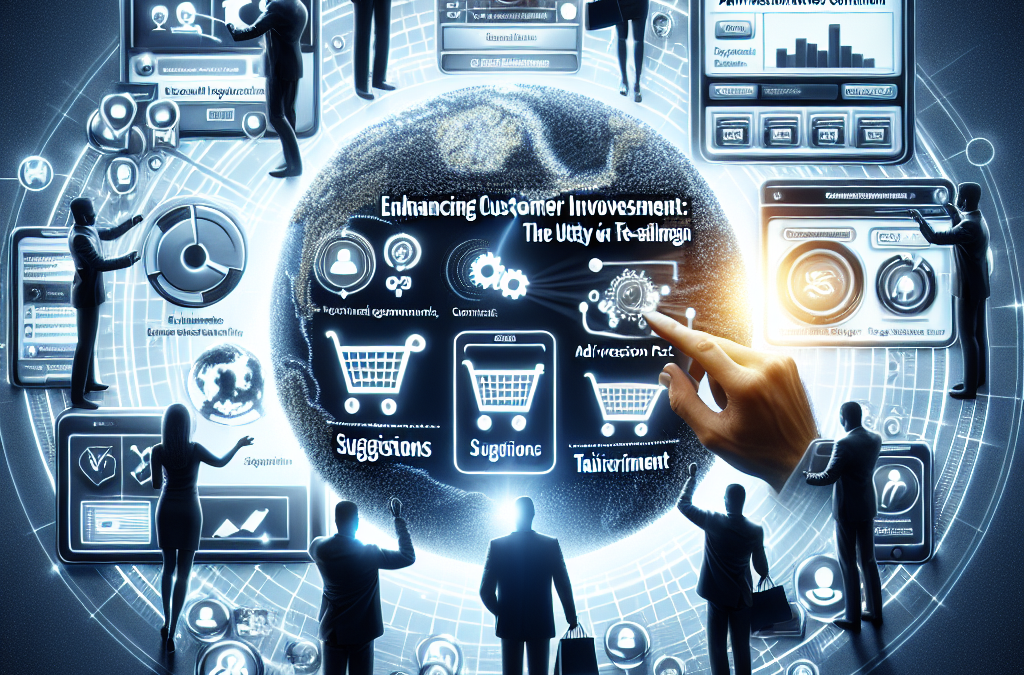Personalization is considered a key tool in e-commerce for boosting customer engagement and satisfaction, and increasing revenue potential. Personalization in marketing commonly falls into three categories: recommendations, outreach, and ad personalization. Recommendations are based on your browsing and purchase history. A recognized user’s behaviors are tracked more directly, while a guest user’s activities are associated with the device used for shopping. Personalized recommendations appear in various areas of the website. Outreach includes targeted marketing messages and emails, which are now highly personalized based on user behavior and mostly automated. This results in higher conversion rates as the ads and suggestions are more relevant to the customer. Ad Personalization is facilitated by e-commerce platforms acting as a marketplace that connects buyers and sellers. Sellers can run personalized ads, which not only appear on the e-commerce platform but also follow the user across the web.
Recent Posts
- “Revolutionizing Marketing: How AI Transforms Customer Engagement Strategies”
- “Enhancing Efficiency: The Need for Unified AI Assistants in the Digital Age”
- “Unlocking Business Growth: How AI Revolutionizes Small Enterprise Operations”
- “Conquering Leadership Challenges: The Need for Self-Awareness and Stress Management”
- “AI Revolution Redefines Online Search: Implications for Small & Mid-Sized Brands”
Categories
- Artificial Intelligence (10)
- Blogs (1)
- Branding (19)
- Business Development (46)
- Content (38)
- Customer Relationship Management (4)
- Design (7)
- E-commerce (12)
- Entrepreneurial (98)
- Generative AI (54)
- Ideas (4)
- Informational (33)
- Legal (1)
- Marketing (87)
- Networking (4)
- Personal Development (11)
- Philanthropy (2)
- Productivity (4)
- Publicity (2)
- Publishing (14)
- Search Engine Optimization (29)
- Security (2)
- Social Media (67)
- Technology (52)
- Tips (4)
- Trends (4)
- Uncategorized (34)
- Video (1)
- Web Development (9)

